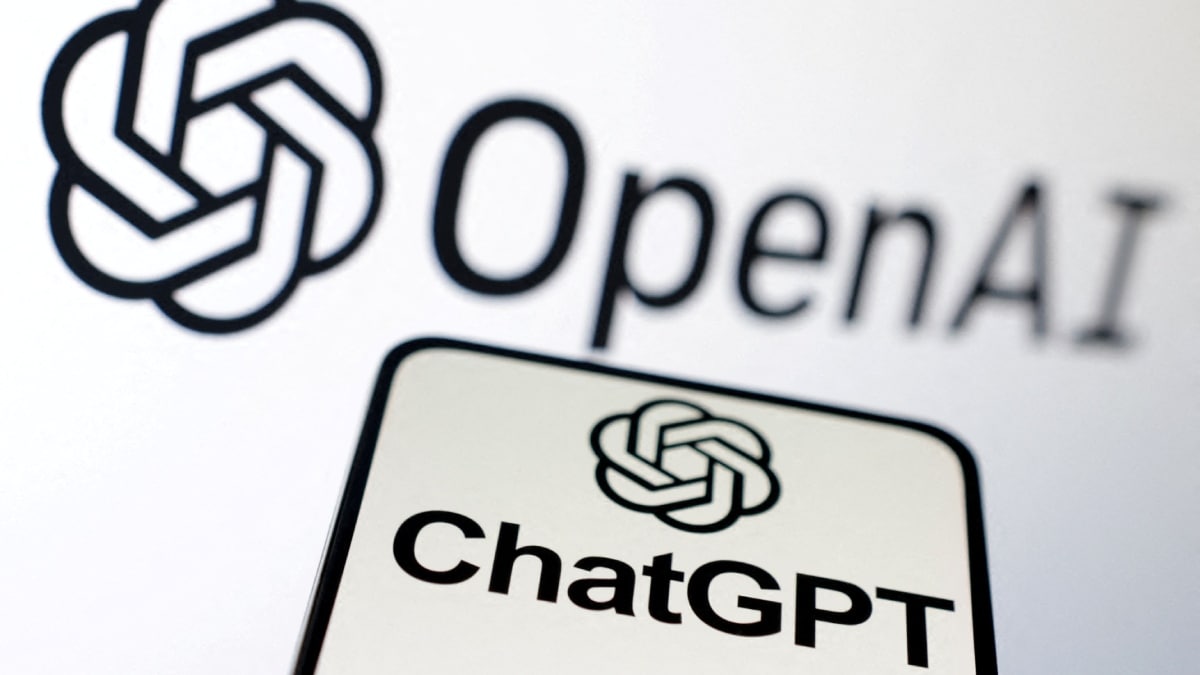Microsoft on Tuesday started making available to users a host of AI upgrades, including to ChatGPT, its search engine Bing as well as to cloud services – an expansive launch that seeks to narrow the gap with Alphabet‘s Google.
Among key changes is the rollout of live search results from Bing to ChatGPT, the viral chatbot from its partner OpenAI whose answers originally were limited to information as of 2021.
Now, ChatGPT can pull from Bing web results for paid subscribers and will do so soon for free users, the company said at its annual Microsoft Build conference.
The company also is expanding so-called plug-ins for Bing, using a standard embraced by OpenAI and letting businesses transact more easily with consumers in its search engine.
For instance, one such tool can help a web surfer looking for dinner ideas with a suggested recipe and ingredients that could then be ordered from Instacart in a single click, said Yusuf Mehdi, Microsoft’s consumer chief marketing officer.
“This is a profound change to how people will use the web,” he said in an interview.
Asked if Microsoft could sell ad placements related to the plug-ins, Mehdi said the company hasn’t gotten to that point but that “the model for how people acquire customers is changing.”
The updates to Bing are part of Microsoft’s effort to capture more of the estimated $286 billion (roughly Rs. 23,65,700 crore) market for search advertising globally.
Like Microsoft, Google has also recently showcased generative AI upgrades for its search engine, learning from past data how to respond to open-ended queries where no clear answers exist on the web.
Which updated search engine consumers prefer remains unclear, as Google has yet to roll out its changes widely. However, its standalone competitor to ChatGPT, a chatbot known as Bard, is available and already includes answers informed by Google’s search results.
Asked if ChatGPT will supplant Microsoft’s Bing now that it includes recent information from the web, Mehdi said the programs offer different experiences but that Microsoft would benefit either way, with citations in ChatGPT driving traffic to Bing.
New cloud service features include allowing businesses to build plug-ins connecting to Microsoft 365 Copilot, its AI assistant for enterprises.
A plug-in could let a staffer in plain language ask the AI to book travel or explain legal issues with vendor contracts, Microsoft said. Microsoft aims to let companies configure their own AI copilots more broadly.
The company also said it will make an AI assistant, or copilot, available as a preview for some users of its widespread Windows operating system starting in June. It also announced ways it is helping consumers determine if its AI generated an image or video, similar to an announcement by Google.
© Thomson Reuters 2023
Google I/O 2023 saw the search giant repeatedly tell us that it cares about AI, alongside the launch of its first foldable phone and Pixel-branded tablet. This year, the company is going to supercharge its apps, services, and Android operating system with AI technology. We discuss this and more on Orbital, the Gadgets 360 podcast. Orbital is available on Spotify, Gaana, JioSaavn, Google Podcasts, Apple Podcasts, Amazon Music and wherever you get your podcasts.
(This story has not been edited by NDTV staff and is auto-generated from a syndicated feed.)
Affiliate links may be automatically generated – see our ethics statement for details.

